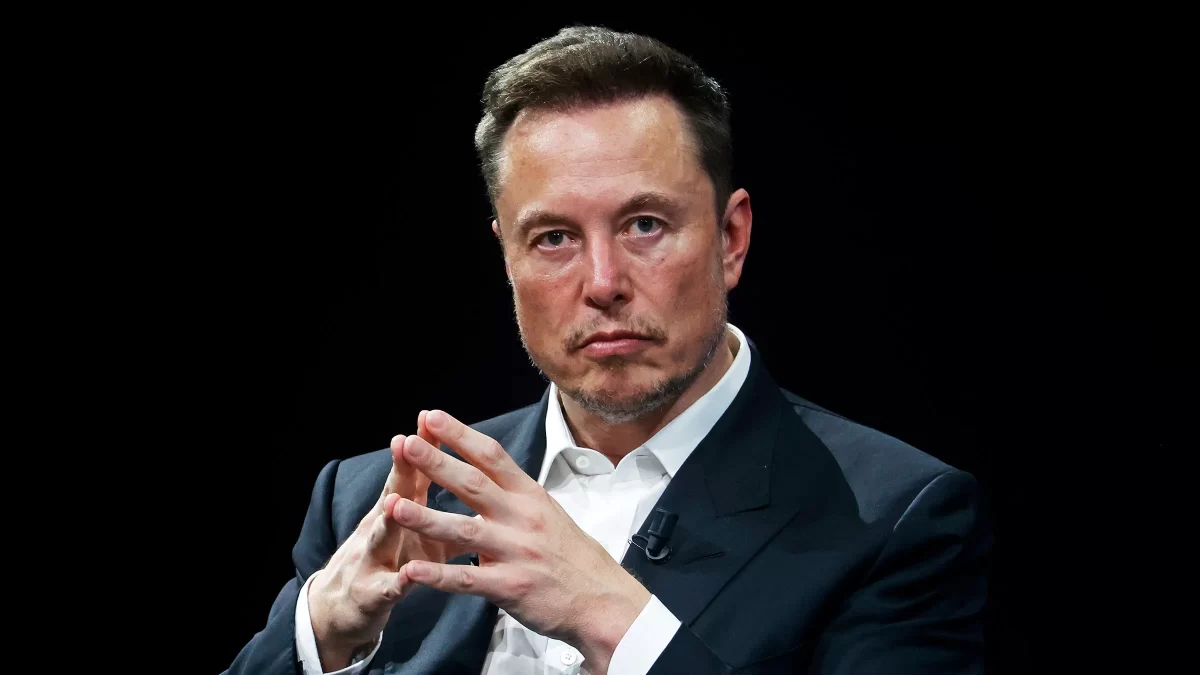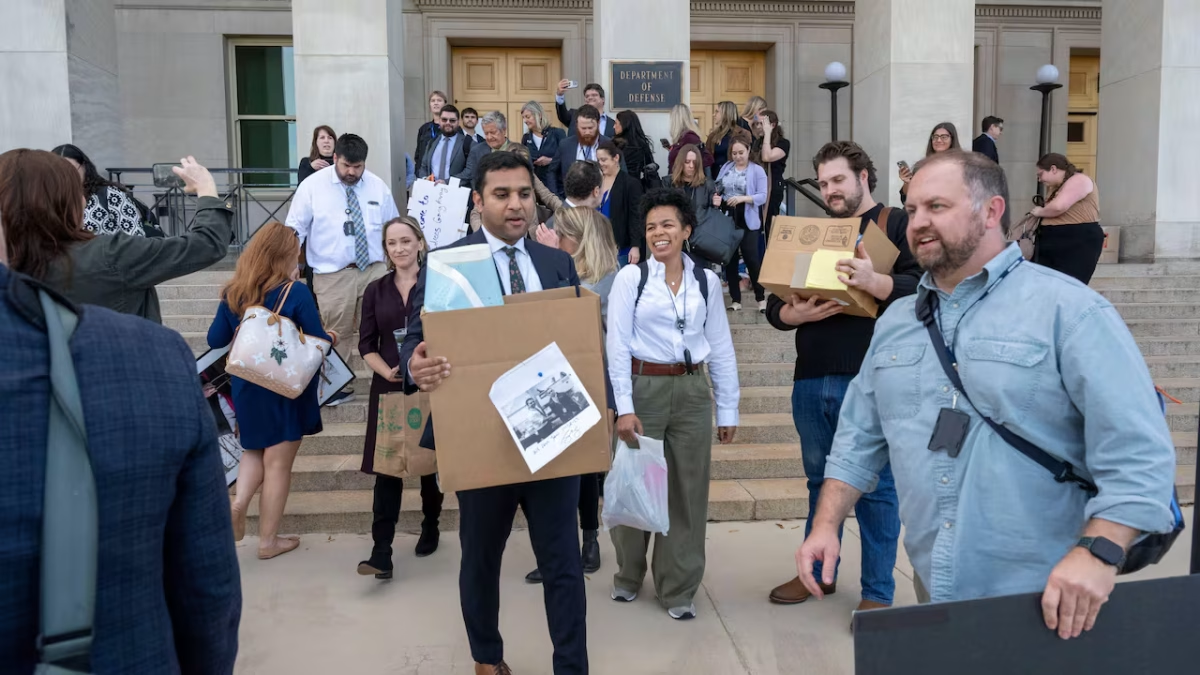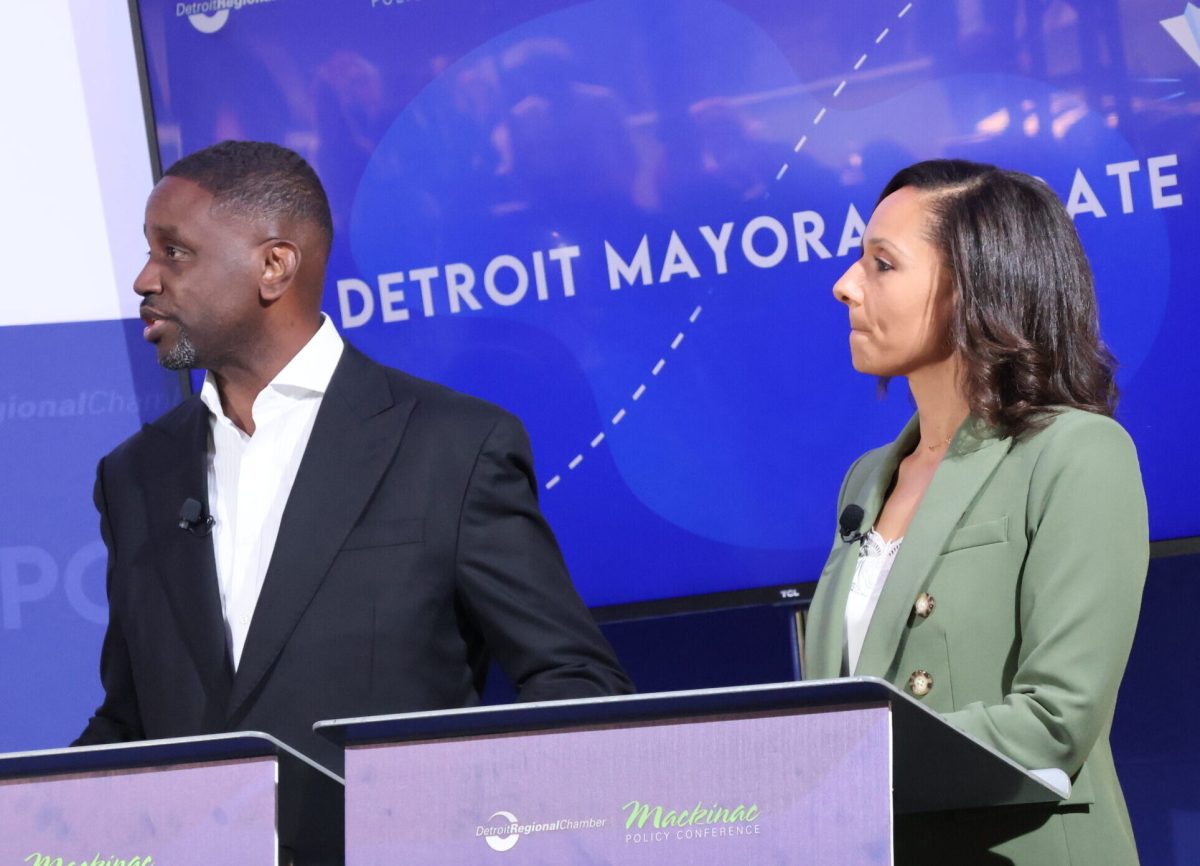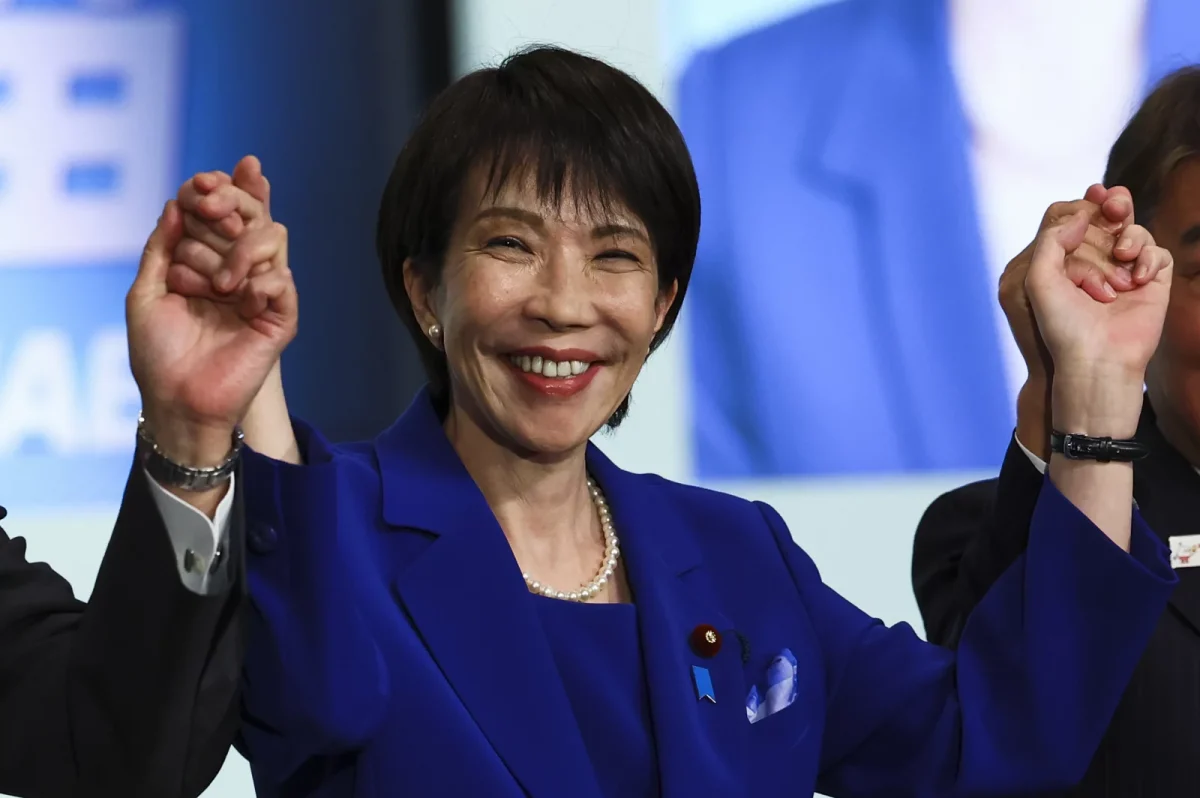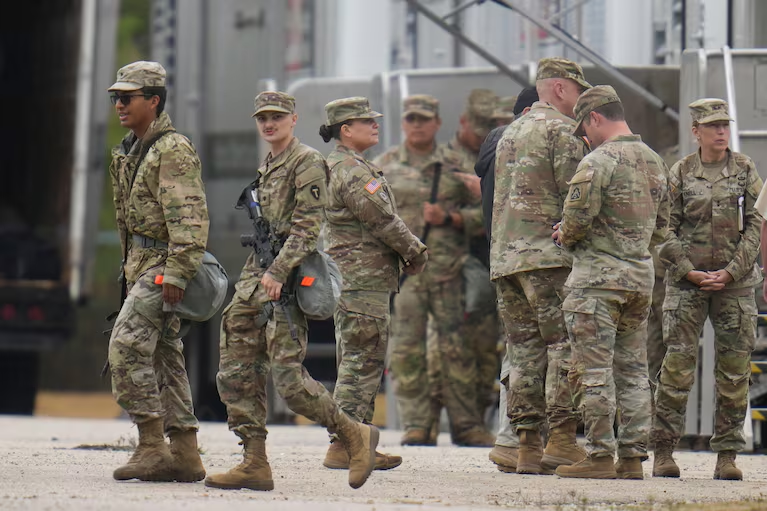Recently, Tesla has come under fire from multiple unions in Sweden showing solidarity with Tesla workers looking to unionize. Tesla has long since been an opponent of unions, and has fought to keep its plants from unionizing.
Unionized dock workers, cleaners and postal workers have sent a clear message that if Tesla wants to do business in Sweden, it must let its workers unionize. Dock workers have refused to unload Tesla cargo, cleaners have refused to clean Tesla buildings and postal workers have refused to deliver mail to Tesla.
What’s interesting about the strikes against Tesla is how most of the unionized workers are not directly employees of Tesla at manufacturing plants because Tesla does not have any plants in Sweden. These workers are striking in solidarity with the 120 mechanics in the Swedish union IF Metall who work with Tesla.
These mechanics are a fraction of the total IF Metall union, which has over 300,000 Swedish workers, but so far, Tesla has refused to allow collective bargaining from IF Metall mechanics. Tesla not allowing collective bargaining is a massive problem for Sweden, as the country’s labor market is based on unionization and the right to collectively bargain.
Tesla refusing its workers the right to collectively bargain is as fundamentally opposed to Sweden’s economic structure as you can get, and Sweden’s workers are showing what they think of Tesla. The Swedish labor market has very few state regulations and no minimum wage, and it is based on voluntary collective action agreements and unions to argue for wages, benefits and worker’s rights.
If Tesla is allowed to refuse its workers the right to collective bargaining, it could mean more for the country than the protection of a few workers. Tesla is the most valued car manufacturer by a significant margin, so anything relating to worker’s rights and Tesla would have a significant influence on Sweden.
Tesla denying collective bargaining rights to its workers could encourage other corporations to follow suit and deny their workers the same rights.
Tesla CEO Elon Musk has commented on the strikes, calling them “insane” because postal services in Sweden handle the delivery of license plates for cars. Without the license plates for Tesla vehicles, they could not be distributed.
Musk has a long track record of anti-union sentiments and actions, with the National Labor Relations Board calling him and Tesla out for illegal anti-union activities in the U.S. by discriminating against workers who support unionization.
IF Metall spokesperson Jesper Petterson has said the union “tried to negotiate with Tesla for the better part of five years” before striking. So, this strike is less of an ideological punishment for Tesla and Musk and is instead a step taken once all other options are exhausted by the union.
The strike from IF Metall and subsequent sympathy strikes and Tesla’s seeming unwillingness to negotiate with the union have led to Tesla issuing lawsuits against Sweden’s postal service to force them to deliver the license plates. The lawsuit was successful for Tesla, and a local district court ruled Sweden’s Transport Agency must agree to let Tesla collect the license plates within seven days or be fined.
This could be a significant blow to the sympathy strikes as those license plates were an important reason Tesla couldn’t sell its vehicles in Sweden. It remains to be seen if Musk and Tesla will hold out and refuse to recognize the union of its mechanics. If Tesla does succeed in this regard, it could mean a significant reduction in wages and benefits for workers as a whole in Sweden as more companies refuse to acknowledge the unions.



